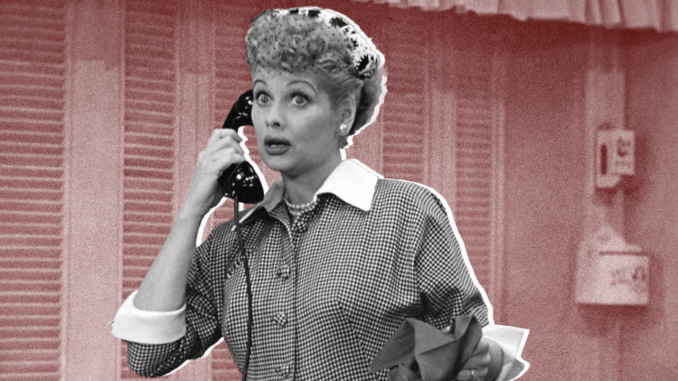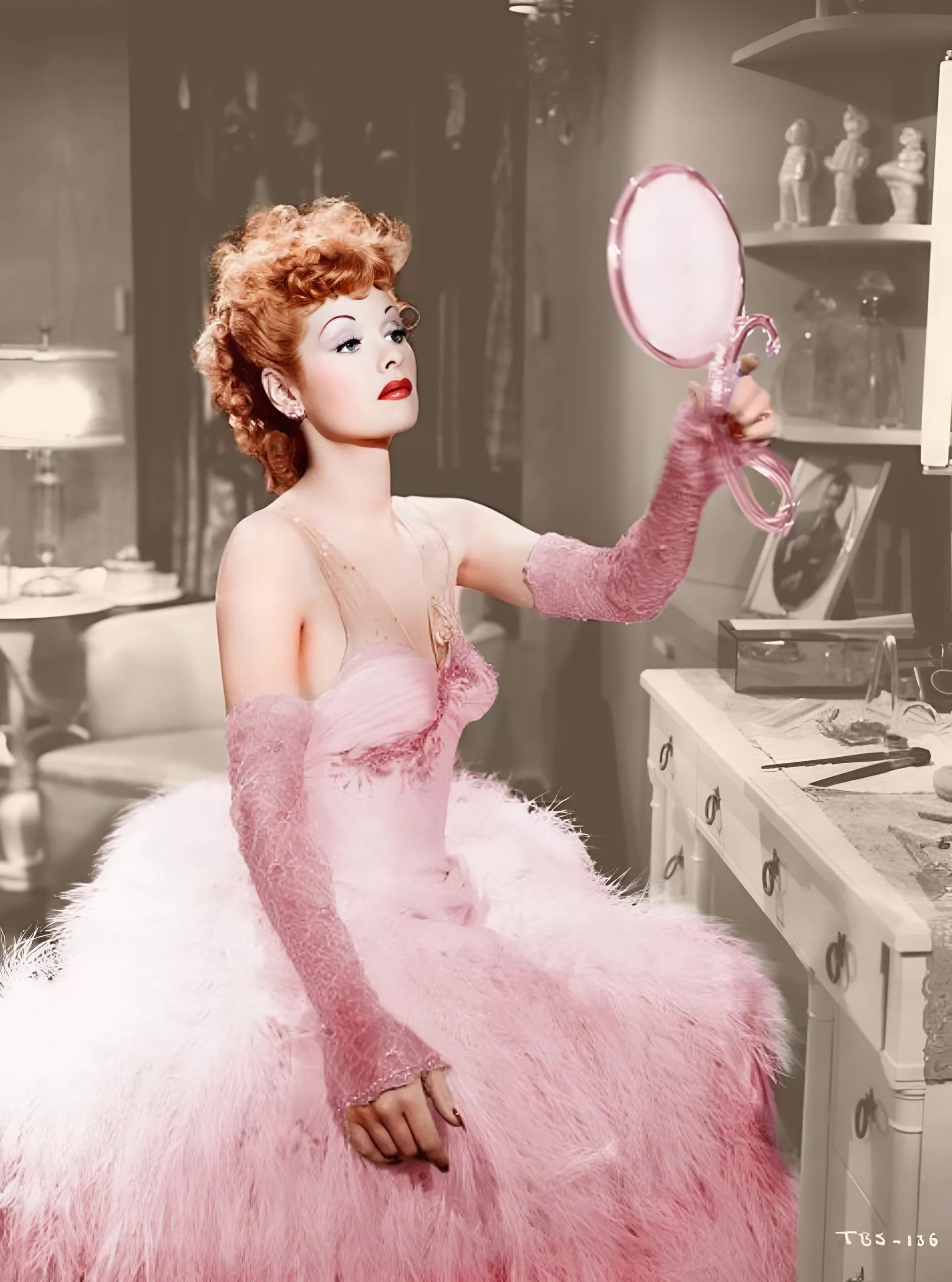
Hollywood’s gates weren’t always open to Lucille Ball. Before she became the undisputed “Queen of Comedy” and a television pioneer, Ball was largely dismissed as just another pretty face, a “B-movie queen” whose talents seemed limited to her striking looks. Yet, against all odds, she didn’t just find a place in entertainment; she carved out an entirely new one, fundamentally shaping modern American sitcoms and leaving an indelible mark on popular culture.
If Hollywood Didn’t Have Room for Lucy, She’d Build Her Own Stage
In the early days of her career, Lucille Ball toiled in a string of forgettable films. Despite her undeniable beauty and burgeoning comedic instincts, studio executives struggled to categorize her. She wasn’t a bombshell like Marilyn Monroe, nor a dramatic powerhouse like Bette Davis. This lack of a clear niche often led to her being overlooked for more prominent roles, relegated to supporting parts or “B” pictures that rarely made a splash. Many in the industry believed her appeal was purely superficial, a beautiful woman with no distinctive acting chops.
The Genesis of a Revolution: I Love Lucy
But Ball harbored a vision far grander than what Hollywood offered. With her husband, Desi Arnaz, she co-founded Desilu Productions, a groundbreaking move for an actress at the time. Their tenacity led to the creation of I Love Lucy, a show that would revolutionize television. Initially, CBS was hesitant, unconvinced that audiences would embrace a show featuring a Cuban bandleader and a zany redhead. They even suggested Ball be paired with a more conventional leading man. Ball, however, was adamant: it was Desi or no show.
This unwavering belief in her own creative vision and her husband’s talent proved to be the bedrock of their success. I Love Lucy was not just a hit; it was a phenomenon. Ball’s rubbery face, impeccable timing, and fearless commitment to physical comedy shattered the prevailing notions of what a leading lady could be. She wasn’t just beautiful; she was hilarious, relatable, and utterly unique.
Beyond the Laughter: A Business Empire and Lasting Legacy
Beyond the iconic chocolate factory or grape-stomping scenes, Lucille Ball’s impact extends to the very infrastructure of television. Desilu Productions pioneered numerous production techniques that are still standard today, including the use of multiple cameras and filming before a live studio audience. They also insisted on owning the rights to their show, a radical concept at the time, which ultimately made them incredibly wealthy and gave them unprecedented creative control.
Ball’s journey from a Hollywood reject to a television mogul is a testament to her extraordinary resilience and foresight. As actress Carol Burnett, a lifelong admirer, once remarked, “Lucy was a force of nature. She was the first woman to truly run a studio, and she did it with grace and humor.” Rare behind-the-scenes photographs often depict Ball not just as a performer, but as an engaged producer, meticulously reviewing scripts and set designs.
Lucille Ball didn’t wait for Hollywood to make room for her. She built her own stage, and in doing so, she paved the way for generations of female comedians and entrepreneurs, proving that sometimes, being dismissed can be the greatest catalyst for building something truly legendary.
